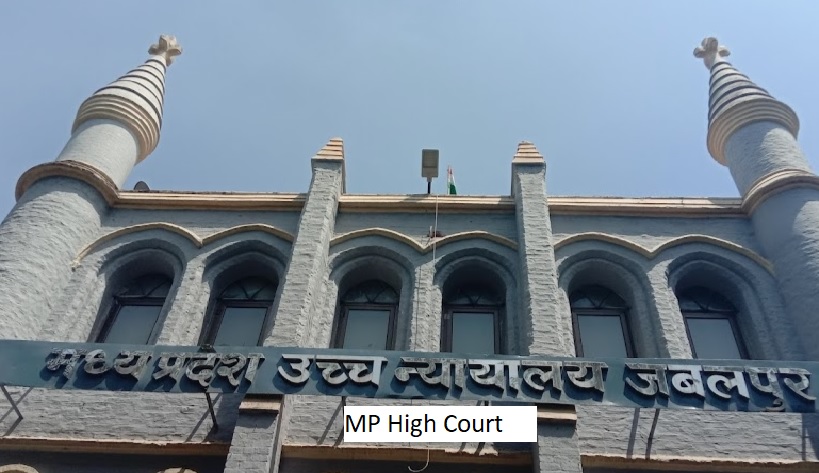


The Madhya Pradesh High Court recently delivered a significant judgment affirming the role of a Gazetted officer, specifically the Sub-Divisional Officer (SDO), as a 'civil court' in the context of Election Petition Rules, 1995. The case arose from a challenge to the victory of a petitioner candidate in the Sarpanch Elections to Sikri Jagir Janpad Panchayat.
The respondent candidate contested the election outcome, alleging discrepancies in the counting process and filed an election petition before the SDO. The petitioner sought the rejection of the election petition, arguing that it lacked proper affidavit support, as required by the Civil Procedure Code (CPC). Additionally, the petitioner claimed that the pleadings' verification was done by an oath commissioner rather than a civil judge or Notary. The SDO rejected this application, leading the petitioner to file a writ petition before the High Court.
The High Court, in a decision by Justice Anand Pathak, dismissed the petitioner's plea. Justice Pathak emphasized that, based on a combined reading of Section 3 of the Indian Evidence Act and relevant statutory rules, an Oath Commissioner was authorized to administer oaths for proceedings before the SDO where the Civil Procedure Code was applicable. The court asserted that the verification by an Oath Commissioner was not a defect, let alone an incurable one, as per Rule 11 of Election Petitions Rules, 1995.
Addressing the petitioner's argument that the SDO couldn't be considered a civil court and that the Oath Commissioner lacked jurisdiction, the court disagreed. It interpreted provisions such as Rule 2(d) of Oath Rules, 1976 differently from the petitioner, asserting that the Commissioner of Oaths had the authority to administer oaths for affidavits used in proceedings before courts to which the CPC or CrPC applied.
Referring to the Supreme Court's judgment in State of M.P. & Ors v. Anshuman Shukla, the High Court affirmed that an SDO qualified as a 'court.' It also cited a previous MP High Court judgment to support the position that an Oath Commissioner could administer affirmations for affidavits used in any proceeding before a court to which the CPC or CrPC applied.
The court emphasized that any person authorized to take evidence was a 'court' in the eyes of the law. It highlighted that when Election Petitions Rules, 1995 granted the competent officer powers to record or receive evidence, equivalent to those vested in a court under the Code of Civil Procedure, the Evidence Act automatically became applicable. The court concluded that adherence to the conditions of Section 3 of the Evidence Act was mandatory when implementing the procedure outlined in Rule 11 of Election Petitions Rules, 1995.
Regarding the rejection of election petitions, the court differentiated between fatal non-compliance and non-compliance with formalities. While non-compliance with certain formalities specified in Rules 3, 4, and 7, such as presentation within prescribed hours and declaration of necessary parties, was deemed fatal under Rule 8, non-compliance with Rule 5(c) related to verification of pleadings did not carry the same fatality.
In summary, the court held that the verification of pleadings by the Oath Commissioner was not a defect or, at most, a curable defect under the Election Petition Rules. It affirmed the SDO's decision to reject the application under Order 7 Rule 11 CPC and granted the parties the opportunity to present evidence before the SDO in accordance with the law.
TAGS: Civil court Sarpanch Elections Affidavit Oath Commissioner Order VII Rule 11 CPC Jurisdiction Indian Evidence Act.